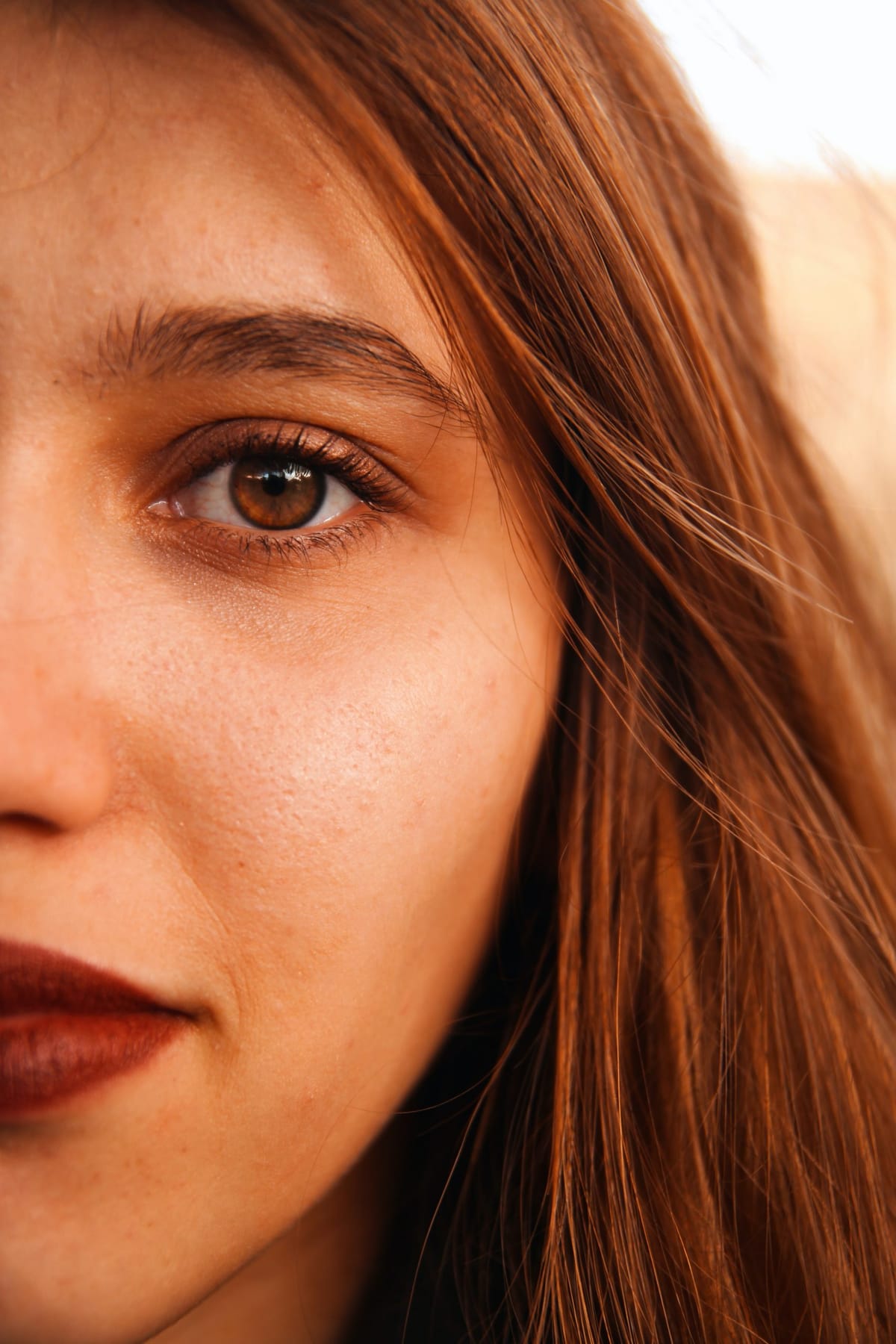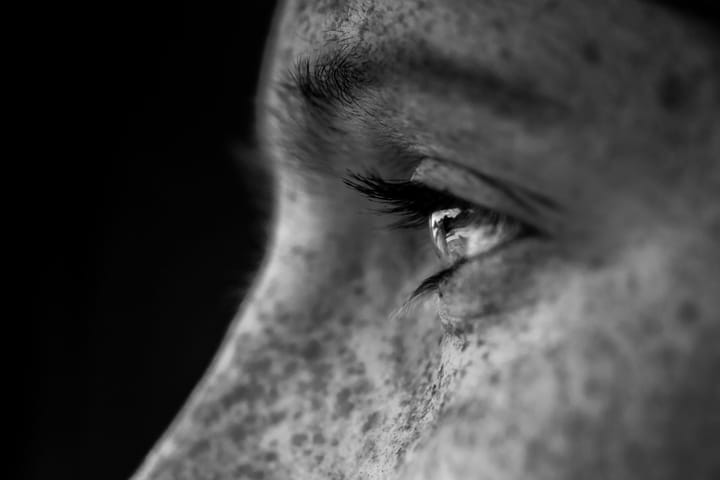What is special about brown eyes?

Your mother and even grandmother may still remind you of how unique and valuable you are (no matter how embarrassing it may be), but if you have brown eyes, you may just feel like you’re another number in the crowd. However, brown eyes are a bit more unique than you may not be aware of. To help you feel just as important as your mom thinks you are, we have created a list of three benefits to help you embrace the brown-eyed beauty that you are. Read on to learn more.
They Are Less Prone to Sun Damage
Just because you have brown eyes, that doesn’t mean it gives you a free pass to avoid wearing sunglasses, but the darker the eyes you have, the less likely you are to get sun damage than individuals who have lighter colored eyes. Darker eyes have more melanin in them which is your skin and eyes’ natural protection against UV damage.
They Are Less Prone to Certain Eye Diseases
The sun can cause severe eye damage and result in eye diseases like cataracts and macular degeneration. But because brown eyes have more melanin, it’s safe to say that if you have brown eyes, you are less likely to get these types of eye diseases.
There Are Different Color Variations
Often, people are grouped into one category based on things like their skin or eye color— leaving them feeling less distinctive than they are. However, if you have brown eyes, you likely have a different shade of brown than even your family members. There are several different shades of brown ranging from a light honey color to black. So, the next time you think you aren’t special, think again.
What is Special About Brown Eyes
Keywords: Brown Eyes, Optometry
For one, they are the most common eye color in the world. A study estimated that around 79% of the world’s population has brown eyes. The ancient Egyptians believed that brown eyes were a sign of great beauty and strength. They also believed that brown-eyed individuals were more likely to succeed in life. As varied in color as eyes can be today, there was a time when everyone had only brown eyes.
So, what makes brown eyes so special? Continue reading as we examine the aesthetics of Brown Eyes and look at them from the perspective of Optometry.
What Makes Brown Eyes Special?
According to research, brown eyes are present in about 79% of people worldwide. How can you find something special in something so ordinary? Well, you’d be surprised.
1. They’re the most common eye color.
They are the most prevalent eye color on the planet, for starters. According to The Vision Council, over 55 percent of the world’s population has brown eyes. Millions of people have this eye color.
2. They have a wide range of shades.
The color of brown eyes may also vary greatly, from extremely light to very dark. This makes them more varied than any other eye color.
3. They’re unique.
Another thing that makes brown eyes unique is that they can often change color in different lighting. For example, they may appear lighter in the sun and darker in the shade. This is because brown eyes have more melanin than other eye colors.
4. They’re considered to be attractive.
Lastly, brown eyes are often said to be very expressive. This is because they are able to show a wide range of emotions, from happiness to sadness. People are attracted to brown-eyed people because of this exact expressiveness. Additionally, brown eyes exude mystery, which intrigues people.
5. They are our original eye colors.
The original human eye color was brown. Over time, human populations began to develop blue, green, and hazel eyes. The reason for this change is not fully understood, but it is believed to be due to a mutation in a gene that controls eye color. This change likely happened when humans made the shift from Africa to Europe.
So, what makes brown eyes so special? It could be because they are the most common eye color in the world. Or, it could be because they can be very varied and can change color in different lighting. Whatever the reason, brown eyes are definitely remarkable. If you have brown eyes, be proud of them because they make you special too!
Brown Eyes and Optometry.
Now that we have looked at the aesthetics of brown eyes. Let’s examine brown eyes from an Optometry perspective.
The pigmentation of brown eyes is due to the presence of melanin. Melanin is a pigment produced by the body in response to exposure to sunlight. The more melanin that is produced, the darker the eyes will appear.
The field of Optometry says that people with brown eyes have more melanin in their eyes than people with blue eyes. This means that brown-eyed people are better able to protect their eyes from the harmful effects of sunlight.
Brown eyes are resilient.
Brown eyes are more resistant to problems because they have more melanin. It also helps to repair DNA damage and to keep the eyes moist. People with brown eyes are also less likely to develop certain types of eye diseases, such as age-related macular degeneration.
Brown eyes are prone to cataracts.
Cataracts are a condition in which the lens of the eye becomes cloudy, making it difficult to see. Ironically, brown eyes are more susceptible to cataracts than blue eyes because they contain more pigment. This pigment leads to them absorbing more UV light. This exposure to UV light can damage the proteins in the lens, causing them to clump together and become cloudy.
Protect Your Brown Eyes
Because they have more melanin, brown-eyed individuals may need to wear sunglasses when exposed to bright sunlight.
Brown eyes and the sun.
The field of Optometry also says that people with brown eyes should be concerned about sun damage to the eyes. The risk for cataracts is increased by exposure to ultraviolet light. Wearing sunglasses that block ultraviolet light may help to prevent these diseases.
In the past, brown-eyed individuals were told to wear sunglasses that blocked only UV-A light. However, recent studies have shown that both UV-A and UV-B cause damage to the eyes. Therefore, it is now recommended that people with brown eyes wear sunglasses that block both UV-A and UV-B light (look for a label claiming 100 percent UV protection.)
Brown Eyes in Other Animals
Surprisingly, humans are not the only animals to have brown eyes. Some animals with brown eyes include Cats, Dogs, Horses, Chickens, Ducks, and Pigs.
Brown Eyes and Genetics.
The color of our eyes depends on the amount and type of melanin in the iris. The amount and type of melanin depend on several factors, including genetics, diet, and exposure to sunlight. Basically, this means that eye color is genetic.
Brown eyes are dominant.
Brown eyes are the most dominant of all iris colors, which means that if a person has one brown-eyed and one blue-eyed parent, they will have brown eyes (or green or hazel). A child can only inherit blue eye color from both parents.
Conclusion
Why are brown eyes so unique? They come in a variety of tints and are the most prevalent eye color in the world. Worldwide, 79% of people have brown eyes, according to studies. Brown eyes have a mysterious quality and are capable of displaying happiness and melancholy. Melanin is responsible for the pigmentation of brown eyes.
The body makes the pigment melanin in reaction to exposure to sunshine. Brown-eyed people are less prone to eye conditions and age-related macular degeneration. Exposure to UV radiation increases the chance of developing cataracts. Protect yourself against eye damage by wearing sunglasses that block UV-A and UV-B rays.


